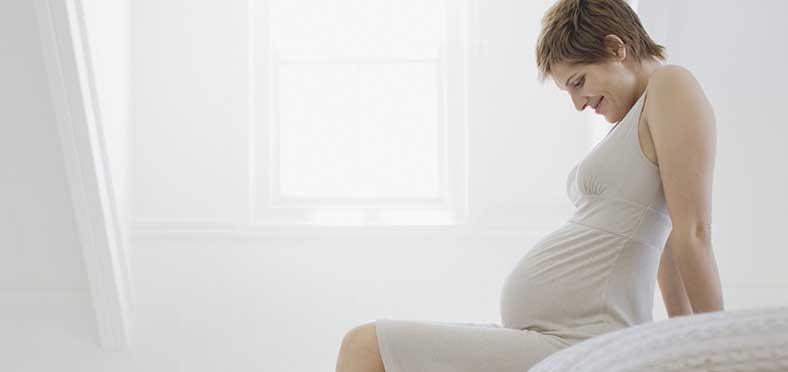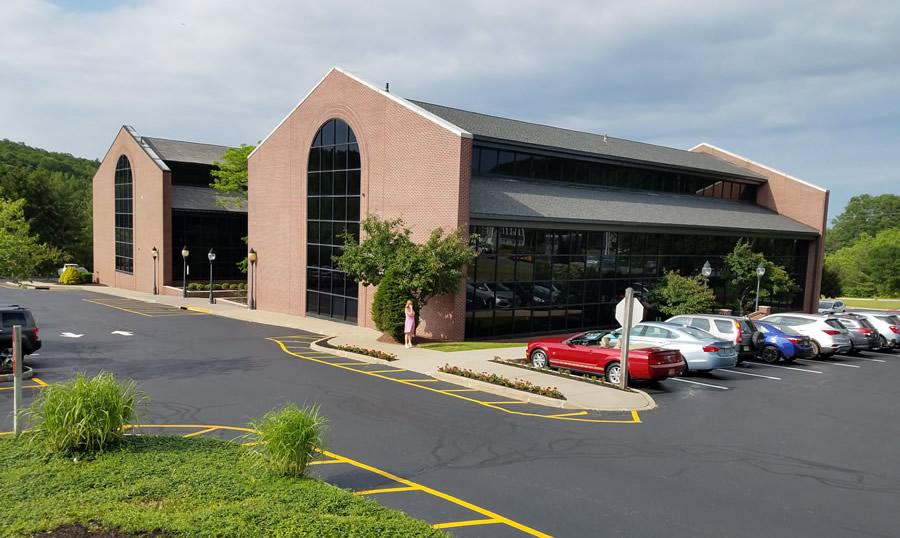Pregnancy Veins
Vein Conditions in Pregnancy
Spider veins and varicose veins during pregnancy aren’t very pretty, but they’re usually harmless and can be expected. Pregnancy causes the size of the uterus to increase, causing pressure on the large vein on the right side of the body, called the vena cava. This increases pressure on your blood vessels, even the small veins, causing them to swell.
In addition to these bio-mechanical factors, certain hormones produced during pregnancy are directly toxic to the tiny valves within the veins. Subsequently, pregnancy often leads to the formation of varicose veins.
Any time progesterone is elevated in the body, as in the case with pregnancy, it has a negative effect on the valves in the veins.

Vein problems during pregnancy are often hereditary, so if your mother had them during pregnancy, the chances are good that you will have them too.
Varicose veins may begin to develop at any time during a pregnancy. They usually become more pronounced as your body grows. If you didn’t have them before pregnancy, you can usually expect that they will go away within a few months after you have your baby.
If they are causing you concern, or are making you uncomfortable, it may be a good idea to point them out to your doctor and keep an eye on them. If you have had multiple pregnancies, the chances you will have some vein problems increase. Pay attention to them and do everything you can from the list below to minimize the risk and ease any discomfort you may be experiencing.
Minimize Vein Problems that Occur with Pregnancy
Don’t Gain Too Much Weight – It will increase the demands on your circulatory system.
Keep Your Legs Elevated While Sitting – Put a pillow under your feet when lying down.
Avoid Standing for Long Periods – Shift your weight from one leg to the other often.
Don’t Sit with Your Legs Crossed – And flex your ankles often.
Get Some Exercise – Take a walk and increase your circulation.
Sleep on Your Left Side – This avoids excess pressure on your main blood vessels.
Don’t Wear Tight Clothing – Don’t wear anything that constricts your waist or groin.
Wear Surgical Support Hose – This helps prevent blood from pooling.
Eat Healthy – A good diet helps keep your veins healthy.
Get Plenty of Vitamin C – Your body needs it to produce collagen and elastin to help repair and maintain veins.
Sometimes the veins don’t disappear after childbirth. If this is the case, you can have them treated medically. The New Jersey Vein and Vascular Center helps women with spider veins and varicose veins during and after pregnancy.

